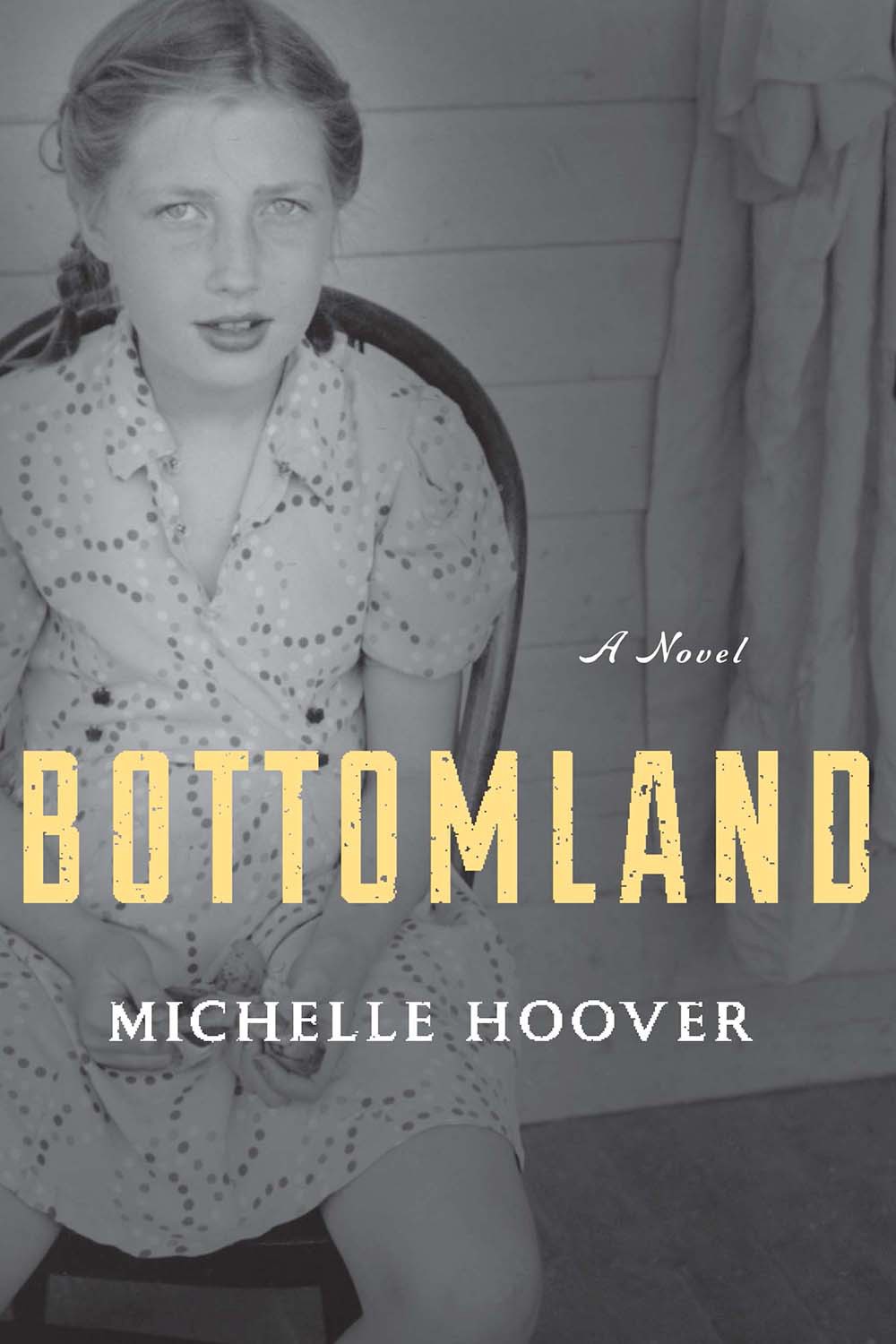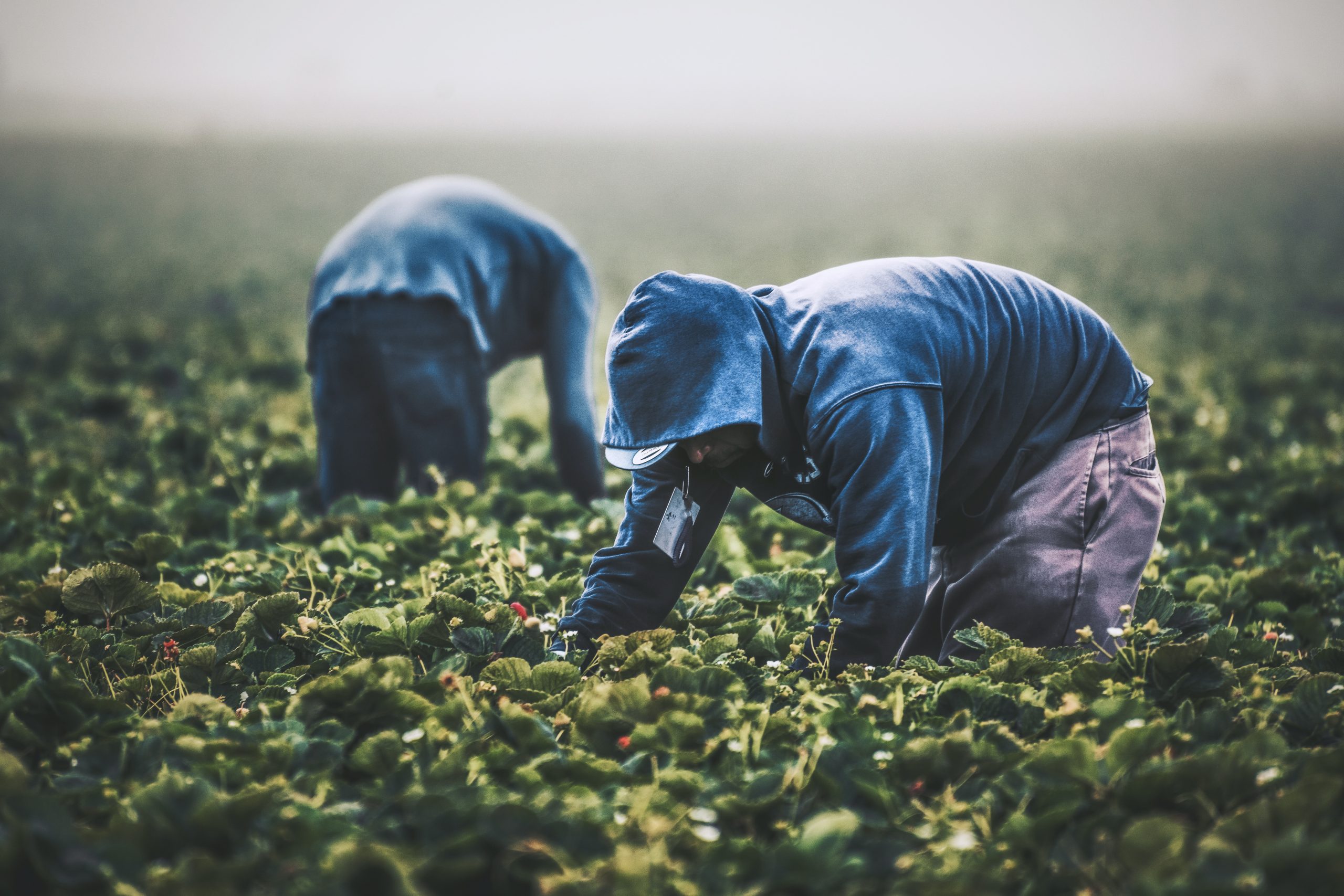Reading Lists
10 Great Novels of the Rural: A Reading List by Michelle Hoover, Author of Bottomland

by Michelle Hoover

Soon after the publication of my first novel, I met Manuel de Lope, the Spanish writer, who had just released his gorgeous epic, The Wrong Blood. After reading my work, he told me, “Your characters, it is as if they live beneath the land.” He patted at the air to ease my translation. I took his words as a compliment. I tend to work with emotionally repressed personalities. I find their lack of communication fascinating. But repressed emotion needs its outlet, and so my landscapes not only mirror my character’s psyches but bear the displaced weight of the emotion itself.
I later discovered a similar kind of mirror in Willa Cather. I knew Cather’s books intimately. But it wasn’t until reading Douglas Bauer’s “Cather’s World and the Future of Narrative,” that I realized what I’d taken for granted — in her writing as well as my own. In describing his seminar about her work, Bauer writes:
…what impressed the students most were Cather’s matchless descriptions of the physical world, the way she often treats the landscape and the light… as characters themselves, giving them the same qualities of mood and motive, the same temperaments of ambitious display and daunting indifference that she often gives her human characters. (Writers’ Chronicle, March/April 2012)
Though I usually duck comparisons to Cather, I felt as a child would, having witnessed an unarticulated part of herself echoed in the larger world.

In my second novel, Bottomland (Grove Press, 2016) landscape would remain paramount — whether it be the flooded Iowa fields or the bricked-in topography of Chicago’s “back of the yards.” Still I cling more to the rural. Even in my travels, in the States and abroad, the real places and people seem to lie along the hard-to-get-to pastures, in towns and homesteads connected by unpaved roads. It shouldn’t come as a surprise that the kind of characters who live in such settings capture my imagination most.
So here are a few of my favorite rural novels. Consider Cather’s My Antonia the great-grandmother of this tribe, Maxwell’s So Long, See You Tomorrow and Gass’ In the Heart of the Heart of the Country its contrary uncles, Morrison’s Beloved its aunt, and Proulx’s Postcards its cool older cousin. I’m leaving out plenty of kin — rural families run large. To further whittle the list down, I’ve set some uncomfortable parameters: that the novels take place on American soil and be published in this brief 21st century.
1. Falling to Earth, Kate Southwood
Though Southwood lives in Norway, her first novel reaches back to her roots in Illinois where a deadly 1925 tornado razes a rural town only to leave its survivors to turn against themselves. Southwood’s spare, pitch-perfect prose quietly echoes the empty landscape and its devastated lives.
2. Gilead, Marilynne Robinson
Few books surpass Robinson’s Housekeeping, but Gilead comes close. The novel has little structure and less incident, but its power lies in the voice of John Ames, a dying preacher on the Iowa plains whose need to tell his story makes this an unusually poignant tour-de-force.
3. In the House Upon the Dirt Between the Lake and the Woods, Matt Bell
Both strange and captivating, Bell’s debut is a mythic tale about the dissolution of a marriage in an isolated house in a nameless place. The novel is as much an exploration of the wilds of the mind as it is of this in-between land.
4. The Known World, Edward P. Jones
On the eve of his master’s death, Jones’s Moses lifts a harness from his shoulders after a fourteen-hour day, reaches into the dirt and drops a pinch into his mouth. In this sweeping novel about black slave owners before the Civil War, the possessed becomes the possessor, and ownership is about more than fields and fences.
5. The Long Man, Amy Greene
The impending flood from a newly-constructed federal dam looms over Greene’s impoverished Appalachian setting, keeping this second novel permanently on edge. We mourn the end of this ancient-seeming place as much as Greene’s brimming final pages.
6. The Orchardist, Amanda Coplin
In this other first novel, Coplin’s William Talmadge is a man nearing old age on his isolated orchards in 1900 Washington state. When two pregnant teenagers turn up at his door — rabid, starved, and obviously abused — Talmadge’s life irrevocably changes. Coplin’s prose is meaty and soaring, with both beauty and violence fighting for central stage.
7. Plainsong, Kent Haruf
A cheat, as this book was published in 1999, but our recent loss of Haruf makes this choice necessary. The prose in Plainsong stays true to its title, though it simmers in its depiction of ordinary lives gone astray. Try to forget the old McPheron brothers and their neighbors in this small ranching town on the western plains.
8. Salvage the Bones, Jesmyn Ward
A testament to the scenery and spirit of rural Mississippi, Ward’s National Book Award-winning novel takes place in a coastal town only days before Hurricane Katrina. Esch, her poor and pregnant teenage narrator, is our truth-teller, caught in the crosshairs of catastrophe while she blooms all the same.
9. An Unseemly Wife, E.B. Moore
Moore is a poet and visual artist, and both talents show in the muscular perfection of her portrait of Amish life. In 1867, Ruth Holtz is forced by an idealistic husband to leave the community she loves for land in the west — with deadly yet life-affirming consequences.
10. Winter’s Bone, Daniel Woodrell
Set in the impoverished, drug-infested Ozarks, Woodrell’s eighth novel finds its heart with sixteen-year-old Ree, a fierce protagonist vying to protect her own. The novel captures the greatest threat to our rural communities, not simply poverty and isolation but the desperate attempt for something greater at whatever cost.








